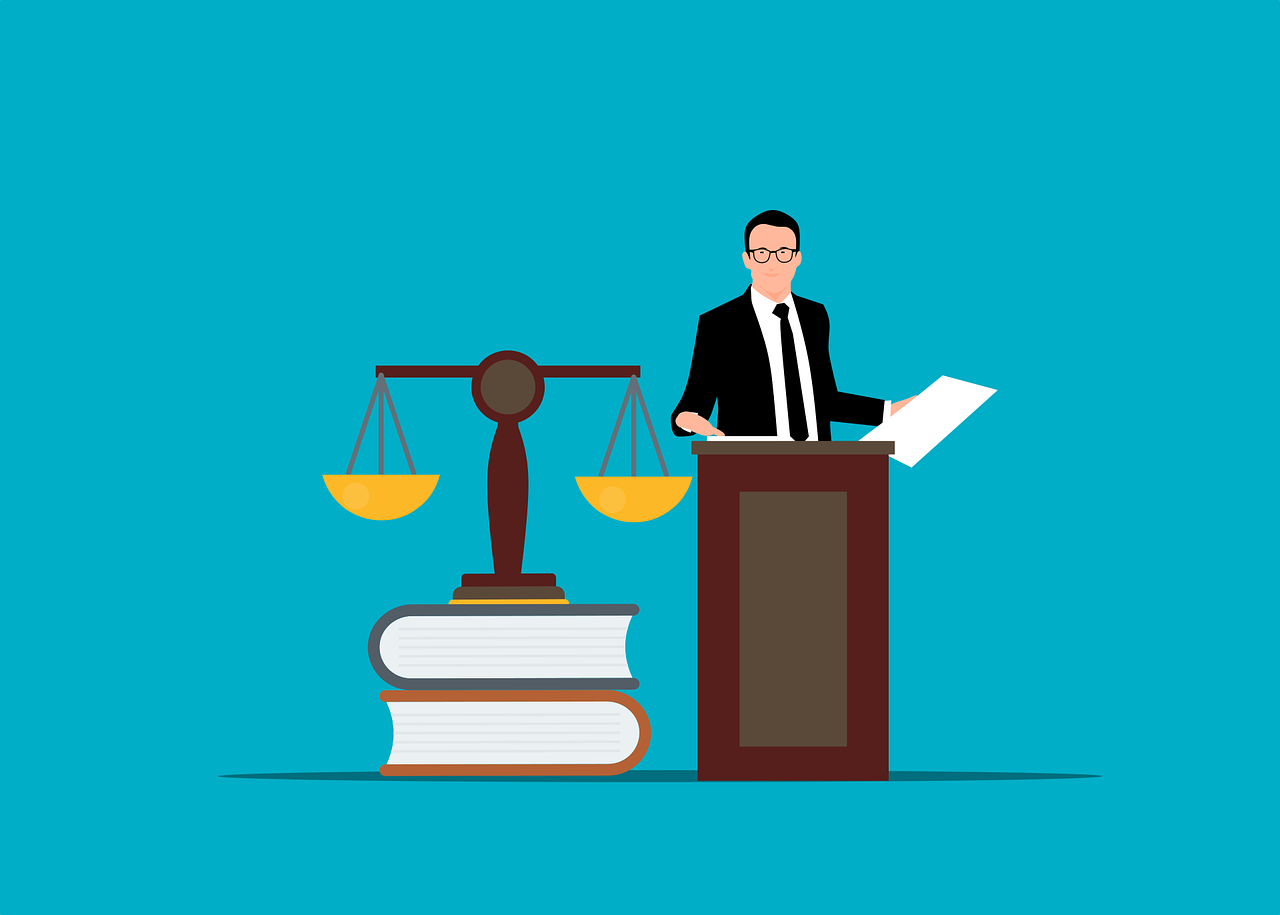The Supreme Court’s Political Role: Justice or Power?

In theory, the U.S. Supreme Court is meant to be the ultimate guardian of the Constitution—above politics, immune to popular pressure, and committed to impartial justice. In practice, however, recent years have sparked a growing debate: Has the Court become just another political battlefield? And if so, what does that mean for American democracy?
A Court Divided, or a Country Divided?
The ideological split within the Supreme Court is no secret. With a 6-3 conservative majority, major decisions in recent terms—on abortion, gun rights, environmental regulation, and affirmative action—have sharply reflected partisan lines. While defenders argue that the Court is simply applying constitutional principles, critics say these rulings echo the agenda of the political right, raising concerns about judicial neutrality.
How Did We Get Here?
The politicization of the Court didn’t happen overnight. Over the past two decades, Supreme Court nominations have become increasingly contentious. From the blocking of Merrick Garland’s nomination in 2016 to the rapid confirmation of Amy Coney Barrett in 2020, the appointment process has become deeply political. Presidents and senators now see the Court not just as a judicial body, but as a long-term tool for shaping national policy.
Trust in the Court Is Slipping
According to recent polls, public trust in the Supreme Court is at one of its lowest points in decades. Many Americans view the justices as political actors rather than impartial judges. This perception is dangerous—not just for the Court’s credibility, but for the rule of law itself. If citizens no longer believe in the fairness of the judiciary, the foundational idea of checks and balances begins to erode.
What Comes Next? Reform or Resistance?
Calls for reform are growing louder. Ideas range from term limits for justices to expanding the number of seats on the Court—known as “court packing.” Critics argue these changes would only deepen the Court’s politicization, while reform advocates claim bold moves are necessary to restore legitimacy. Regardless of where one stands, it’s clear that something has shifted in how Americans see their highest court.
Conclusion
The U.S. Supreme Court is at a critical juncture. Its role as a neutral arbiter is being questioned like never before. Is it still a temple of justice—or has it become a stronghold of political power? The answer may not be simple, but the implications are profound. In the end, the future of the Court—and perhaps American democracy itself—may depend on how this question is answered.






It doesn’t feel like the Court is neutral anymore. Everything seems political—I’m losing trust.
We need reform. Lifetime appointments don’t make sense in today’s world.